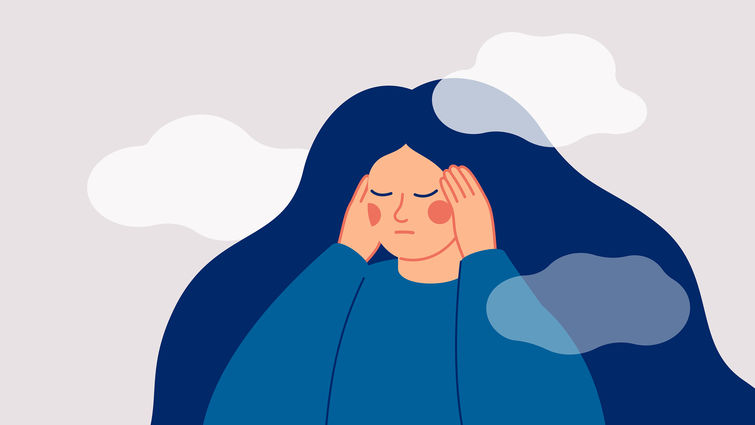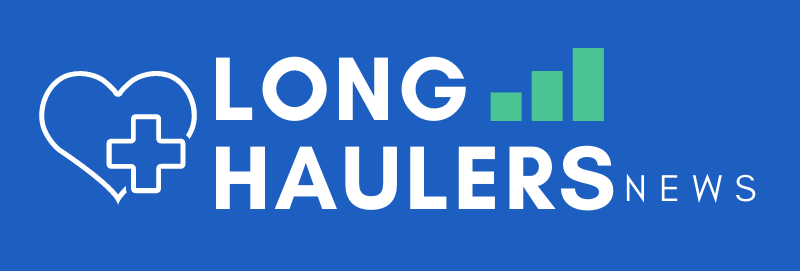
One of the most annoying and debilitating symptoms that people are suffering from is “Brain Fog” in long-haulers. So much, that brain fog has become a part of life for those who have it.
· Stumbling for words
· Easily confused
· Getting lost
· Mentally drained
· Unable to focus
· Fussiness
Have been all lingering effects from brain fog and a recent study in the Annals of Clinical and Translational Neurology found that nearly 85% of people with COVID-19 experienced neurological symptoms such as brain fog.
Doctors are recommending those who are suffering from this to track their symptoms and ask for a screening in mental health, since COVID-19 has been seen to exacerbate depression, anxiety and even PTSD. By doing this, individuals can identify or notice any patterns, so they are able to get help.
Cognitive therapy is another solution that doctors believe can help those who suffer from brain fog. For example, our memory has several parts to it such as:
· Paying attention
· Encoding information
· Storing information
· Retrieving (archiving)
By looking at these patterns, doctors can Identify for example if it’s hard to pay attention, that may be tied in with exhaustion. This is a process and even though doctors are working on solutions, they are aware of the extent that brain fog has on people that never been hospitalized with COIVD-19.
